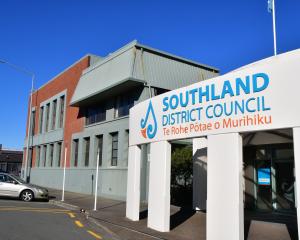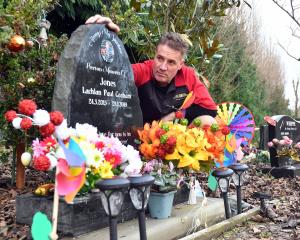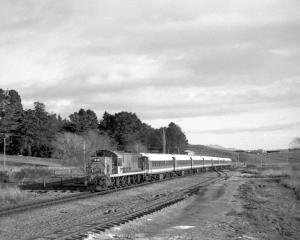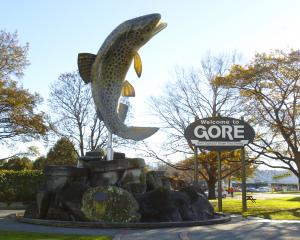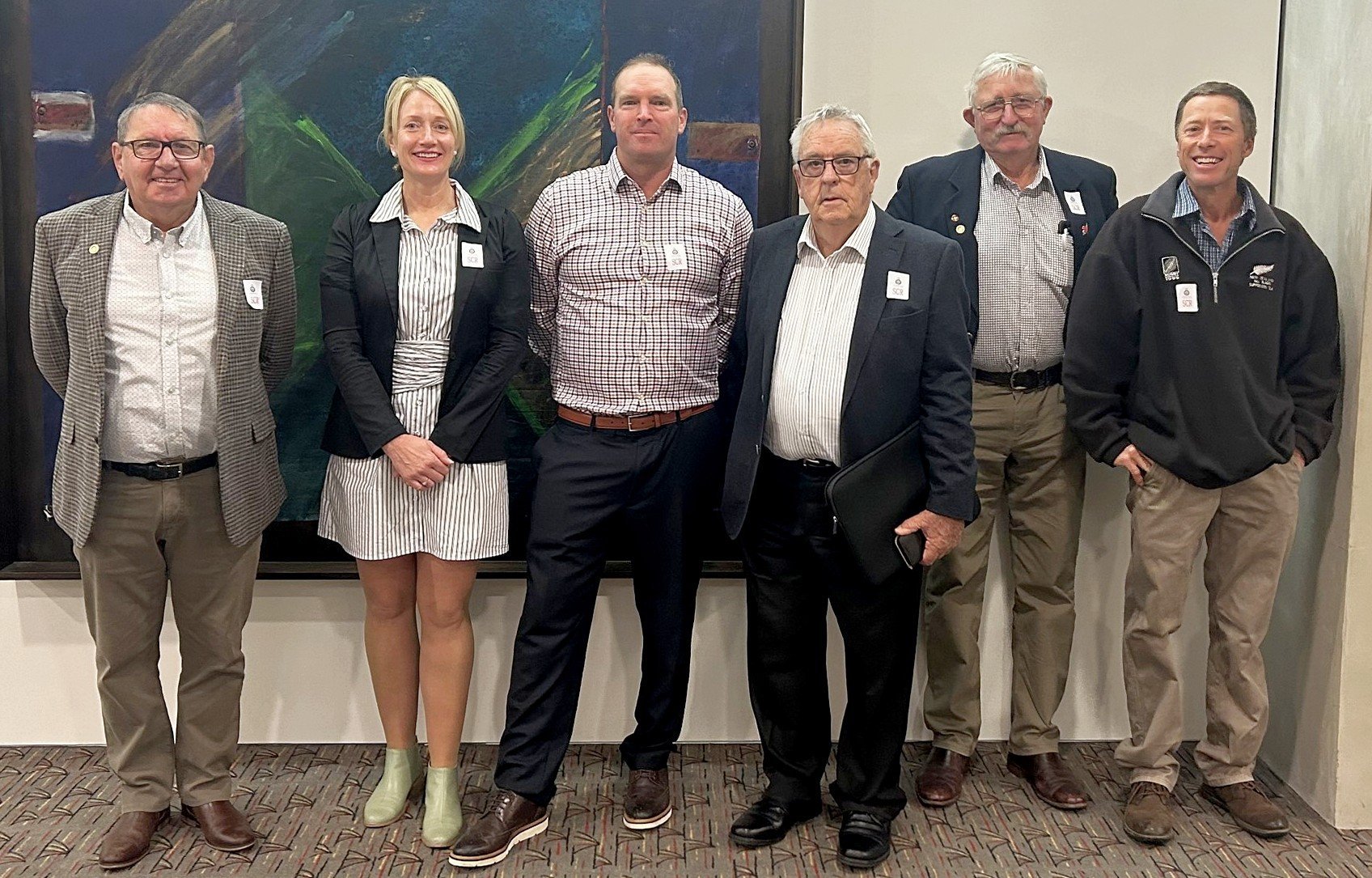
Founded by southern farmers Bryce McKenzie and Laurie Paterson, Groundswell advocates against a host of new regulations that they say make farming "unviable".
"We’re grateful for huge support over the years, but people can’t sit back now just because we’ve had a change of government," Mr McKenzie said.
"All that’s happened is we now have a government who’s prepared to listen. I think they appreciate our work like the Drive 4 Change, but we still have to persuade them the regulations need to change."
Intensive winter grazing and low-slope stock exclusion regulations were repealed in April, and this month Groundswell was in Wellington to speak to parliamentary select committees for primary producers and the environment.
"The new government saw how ridiculous those rules were and they’ve thrown them out ... [but] we and the committees were surprised by how little they knew about the regulations and the debate around them," Mr Paterson said.
The "fart tax" was one of the most contentious.
"Methane degrades in 10 to 12 years. Stock numbers have dropped so much there’s no way it can be increasing ... [New Zealand physicist] David Frame calculated our ruminant methane contributes four-millionths of one degree to global warming over 100 years. There’s a huge amount of science some refuse to acknowledge because even if it only challenges what’s being said, at the very least they’d have to admit the science is not settled ... We made it clear how the methane committee they’re going to assemble needs to be objective and consider all the science," Mr McKenzie said.
Groundswell is also calling for Section 6 of the Resource Management Act to be paused and reviewed.
"Under those rules, virtually anyone can apply to have anywhere designated an ‘significant natural area’ (SNA) and [if successful] the owners of that area basically lose their property rights," Mr McKenzie said.
"Over 70% of Waitaki district is now under SNA and other classification claims and the burden of work and expense to contest them falls on the property owner."
The delegation also informed the select committees on environmental improvements farmers took responsibility for.
"They were surprised how successfully Pomahaka Watercare took control and completely turned it around," Mr Paterson said.
"They started to think how they might get that going in other places."
Besides fencing and riparian planting, Pomahaka Watercare monitors local water quality and has a hotline system for addressing breaches.
"All our trends improved but nitrogen is well below limits," Mr McKenzie said.
"Loud interests against farming have said water quality is a disaster and that is just not the case ... I’ve challenged them to find anywhere in New Zealand where nitrate is over UN limits of 11mg/L and not one has ever got back to me.
"We wanted to prove every catchment is different and local people make a better job of managing local environments than people far away making up one-size-fits-all rules that don’t work."
Groundswell also met Federated Farmers, which agreed future advocacy relied on rural communities speaking up more effectively for themselves.
"Usually you’d get to present to a select committee for 10 minutes," Mr Paterson said.
"We were able to speak to both at once for an hour. It went exceptionally well and it’s a good indication of a government that wants to listen, so we need to be prepared to speak up now."
